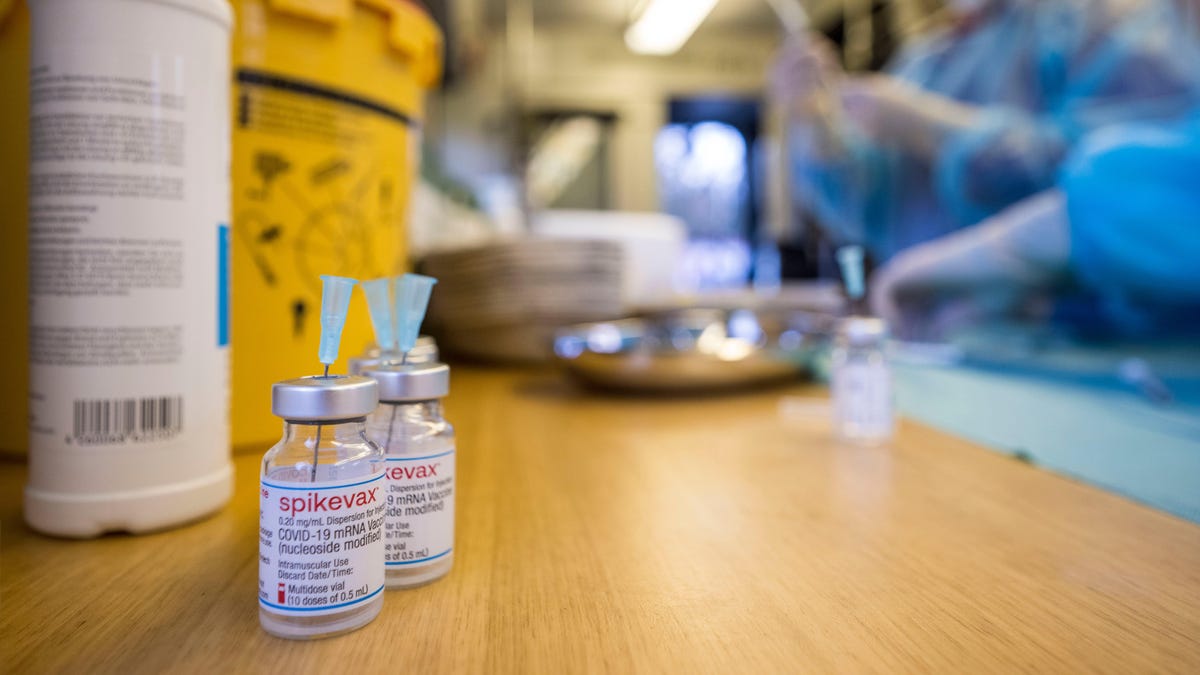New Moderna mRNA Vaccines for HIV Start Clinical Trial

The next generation of potential vaccines for HIV are set to be tested in humans. This week, the U.S. National Institutes of Health launched an early clinical trial that will track the safety of three experimental HIV vaccines, all being developed by Moderna and based on its mRNA technology, the same platform used for its FDA-approved covid-19 vaccine.
mRNA is a vital part of how our cells function. This mRNA contains genetic instructions that allow cells to make proteins. Normally, this mRNA is carried over from the cell’s DNA, but mRNA vaccines deliver their own packet of instructions to cells. In the case of covid-19, the vaccines tell our cells to produce the spike protein of the SARS-CoV-2 coronavirus, a key part of the virus that allows it to infect cells. The spike protein alone can’t cause an infection, but it’s enough to trigger the immune system into action and train our body to better fend off the virus if it ever shows up.
The same principle underlies the three HIV vaccine candidates now being tested by the NIH. Although they all have similar proteins, each one is designed to make the body produce HIV’s spike protein. Moderna is developing the shots in collaboration with scientists at the Scripps Consortium for HIV/AIDS Vaccine Development at the Scripps Research Institute and the Bill & Melinda Gates Foundation-funded IAVI Neutralizing Antibody Center at Scripps. (This is the only latest foray into HIV vaccine research by Moderna; last summer, it launched a Phase I trial of a different candidate. )
“Finding an HIV vaccine has proven to be a daunting scientific challenge,” said Anthony Fauci, director of the National Institute of Allergy and Infectious Diseases, in a statement on Monday. “With the success of safe and highly effective COVID-19 vaccines, we have an exciting opportunity to learn whether mRNA technology can achieve similar results against HIV infection.”
The trial will involve up to 108 healthy adults between ages of 18 and 55 at 11 research sites across the U.S. The vaccines will be split into two groups. To ensure safety, the first group will be evaluated two weeks following the initial shot. before being vaccinated with an increased dose. If everything goes according to plan, volunteers will be given three shots. The second and third doses of the vaccines will take place two months and six month after the initial .. The trial is expected to conclude by July 2023.
Phase I trials are primarily intended to test the safety of a new drug or vaccine. But the trial will also collect data on people’s immune responses, which should provide the first clues as to whether this approach really can work as hoped.